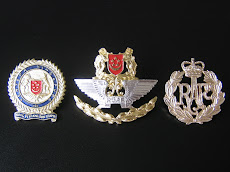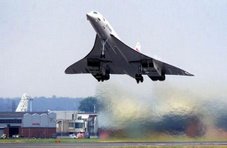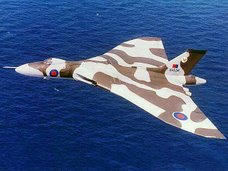>>> Iran's nuclear threat
by Derek Yeo
STRATFOR, A CIVILIAN intelligence firm based in the United States, yesterday quoted an Israeli army report of an impending nuclear threat from Iran.
By March 2006, Iran could begin uranium enrichment for producing nuclear weaponry. In the report, General Dan Halutz, Israel's Chief of Defence Forces cautioned that Iran would reach the "point of no return" in its nuclear plans.
Iran claimed that its nuclear work was peaceful, conducted mainly for energy needs. However, the United Nations, United States and European Union suspected the Iranians of harbouring secret plans to develop nuclear warheads.
Meanwhile, talks between Iran and the UN, US and EU had stalemated. The EU expressed concern on Thurday: "The European Council is gravely concerned at Iran's failure to build confidence that its nuclear programme is exclusively peaceful."
Closer home, Iranian-Russian military ties had upped a notch. Russia agreed to sell high-tech Tor-M1 air defence missiles to Iran. That the sale was going ahead despite official US-EU protests sent mixed signals about the Russian stance on the crisis. Facing reporters, Russia's Defence Minister Sergei Ivanov deadpanned: "The sale will go ahead."
The Americans especially, voiced concern over Iran upgrading its missile technology, claiming new evidence proved Iranian attempts to develop nuclear-armed missiles.
Recently, the Islamic Republic had taken its confrontation with the West a step further. President Mahmoud Ahmadinejad (above) called for Israel to be "wiped off the map". And just days ago, he again created an international furore by calling the Holocaust a "myth", saying Israel should be re-sited to Europe.
The influential Al Ayyam newspaper had this to say in an article: "Ahmadinejad's statements hurt the Palestinian cause because Israel and the Holocaust enjoy international recognition, and any denial of the Holocaust and Israel hurts not only those behind it, but also justifies Israeli actions against them."
Speculations were rife that the Jewish state would have to decide soon on possible military action to defend itself. But an air attack against Iran would set back the Middle East peace process. Analysts believed that an Israeli strike against nuclear targets in Iran would be difficult as the Iranians - having learnt from a similar Israeli attack against Iraq in the eighties - had dispersed or hid their key installations.
In such a scenario, Hamas - the Palestinian militant force - had threatened retaliatory action against Israel. Hamas' chief Khaled Meshaal, told the press that: "If Israel attacks Iran, then Hamas will widen and increase its confrontation of Israelis inside Palestine."
A number of options was opened to Israel for an attack: a joint Israeli-US operation via Iraq; a strike using nuclear-tipped Jericho II missiles; a Saudi-aided raid; and an attack via Turkey.
Strong Israeli-Turkish military ties made the last option most pragmatic. But secular Turkey might not agree to help in attacking its Islamic neighbour.
An Israeli attack against Iran's Uranium Conversion Facility at Isfahan would revive memories of a similar raid against Iraq's Osirak nuclear reactor on 7 June 1981. In a four-hour mission code-named "Operation Babylon", a flight of 16 Israeli F-15 Eagles and F-16 Falcons attacked the reactor, destroying it completely. The raid stunned Iraq, caught totally off-guard.
Following the raid, Israel stated: "On no account shall we permit an enemy to develop weapons of mass destruction against the people of Israel."*
An ominous statement indeed, that did not augur well for peace in the Middle East.
* "Two Minutes Over Baghdad" by Amos Perlmutter, Michael Handel and Uri Bar-Joseph, Page 143, Corgi Books, published 1982





No comments:
Post a Comment